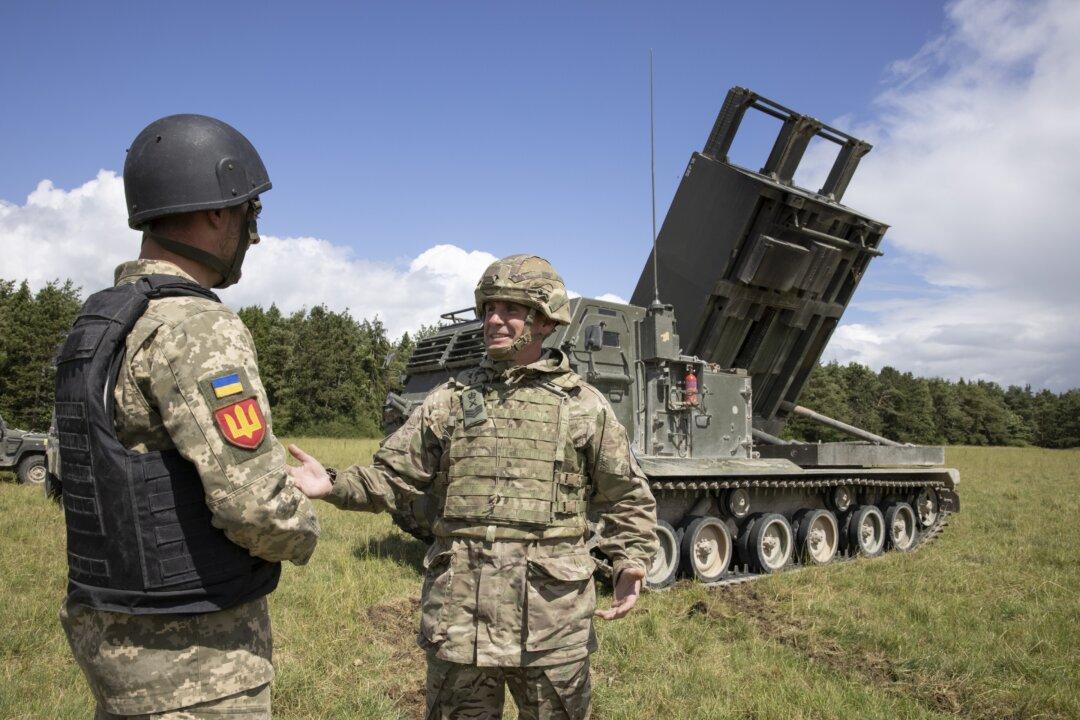The UK has announced another £1 billion ($1.2 billion) in military aid to Ukraine, a significant increase on the £1.3 billion of military assistance already provided to help the country resist the Russian invasion.
The extra support was announced at the NATO summit in Madrid by Prime Minister Boris Johnson, who said the Russian invasion “continues to take Ukrainian lives and threaten peace and security across Europe.”





